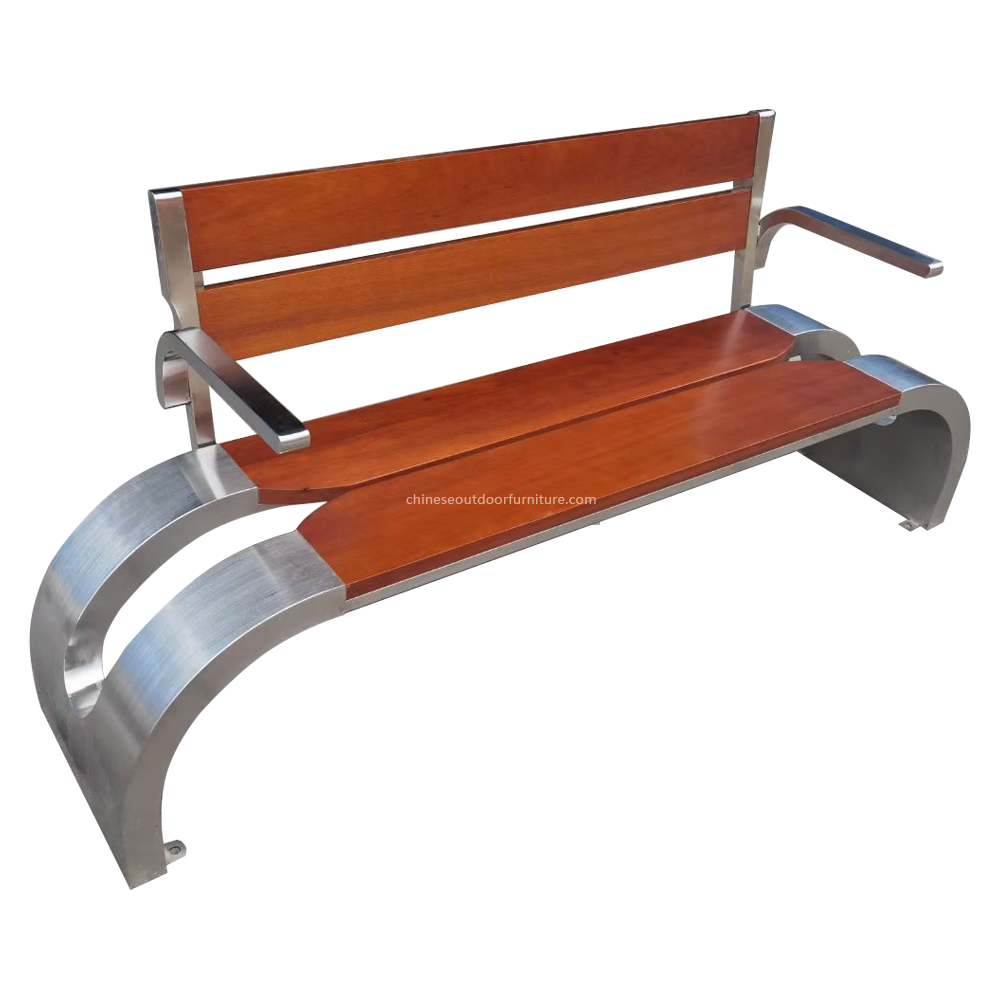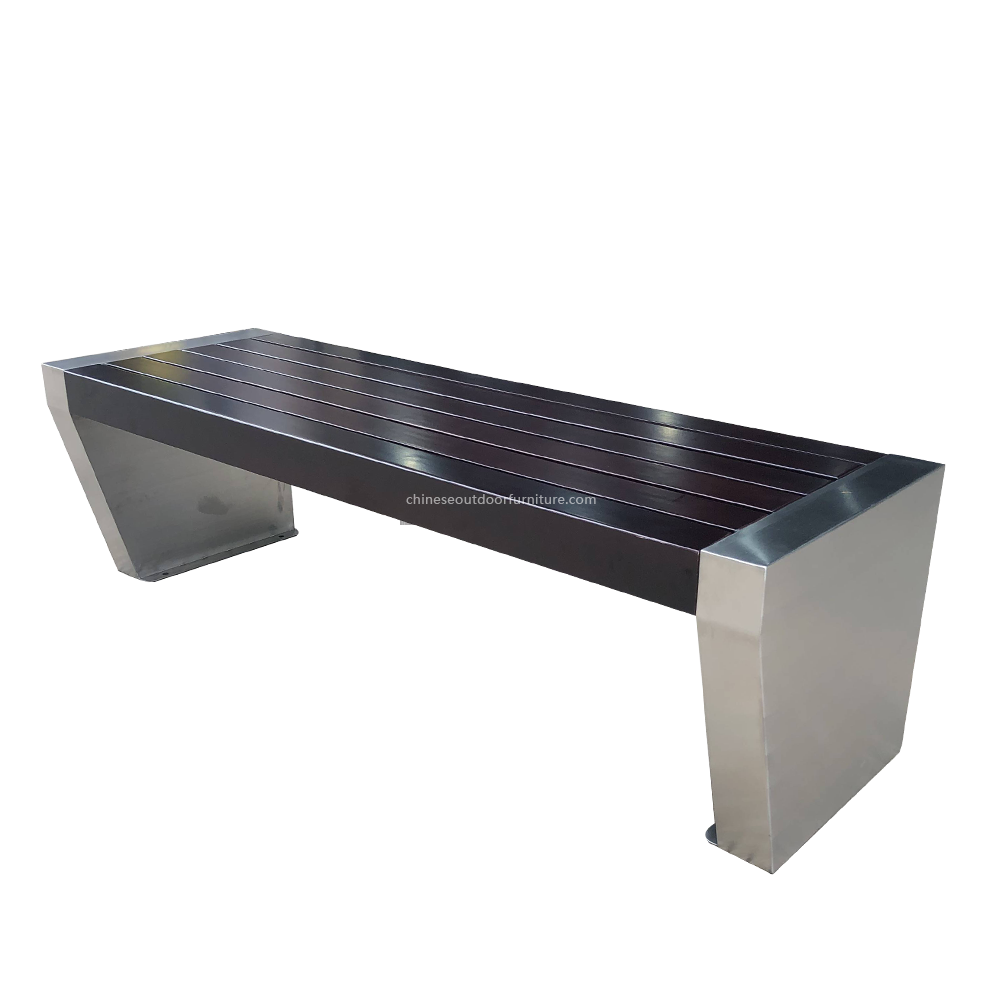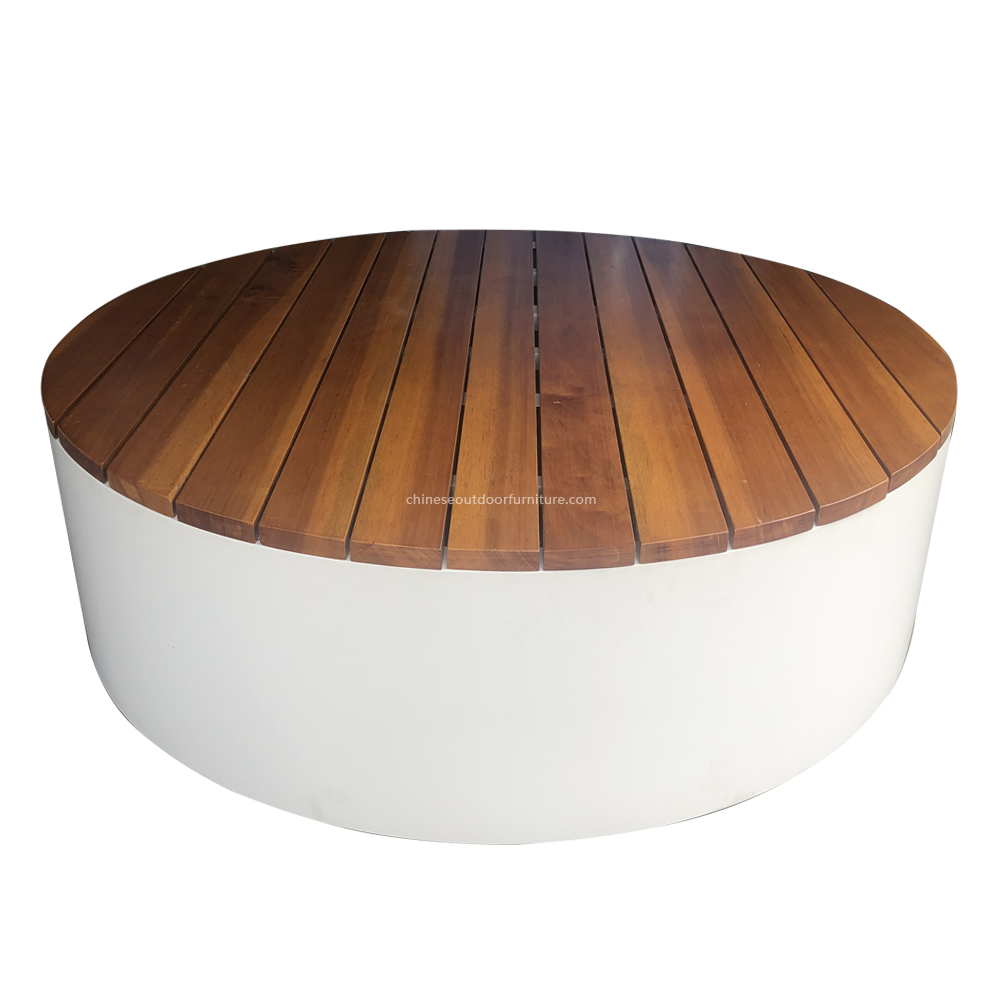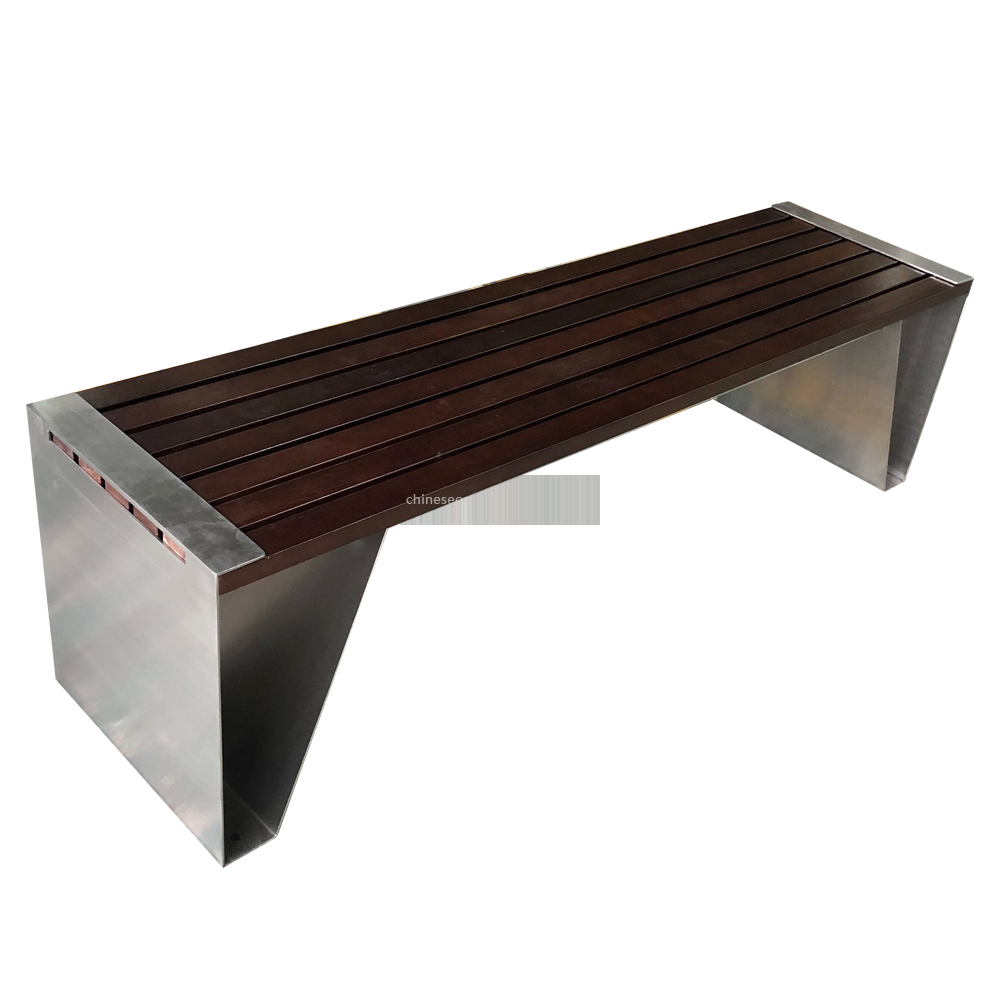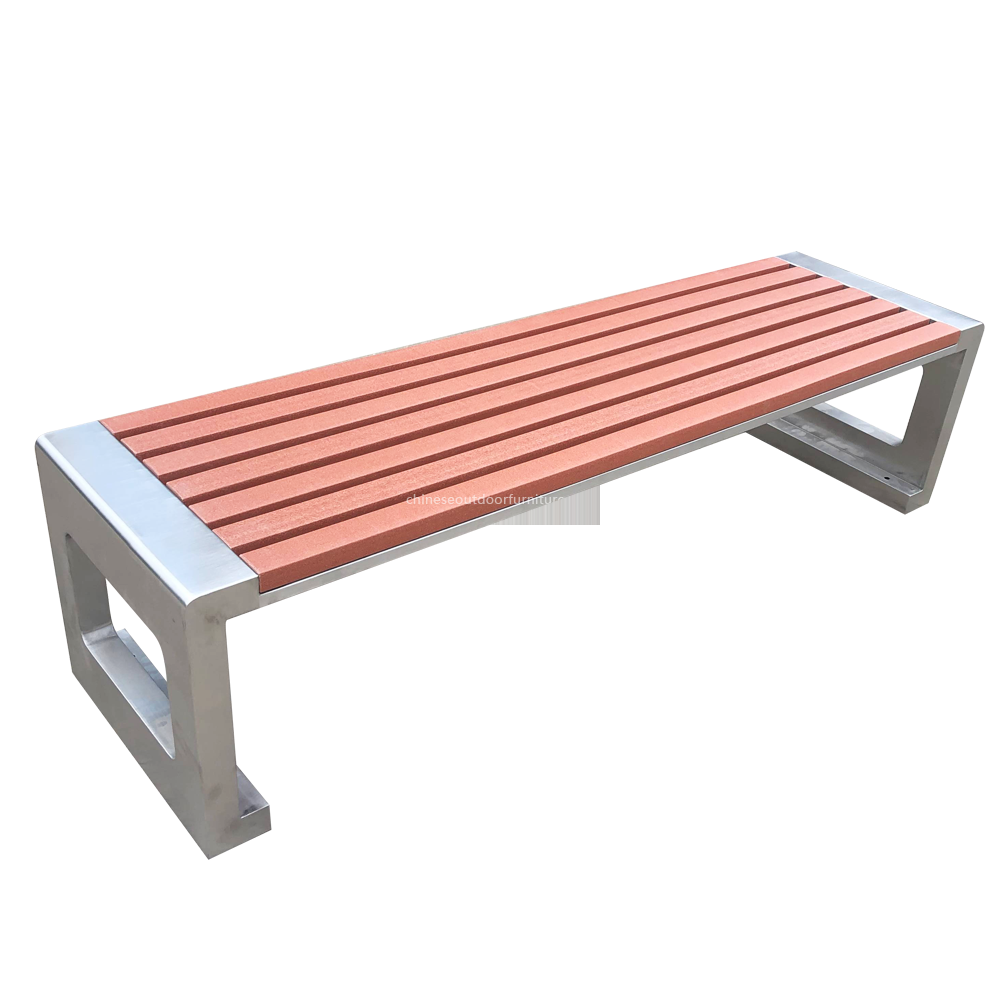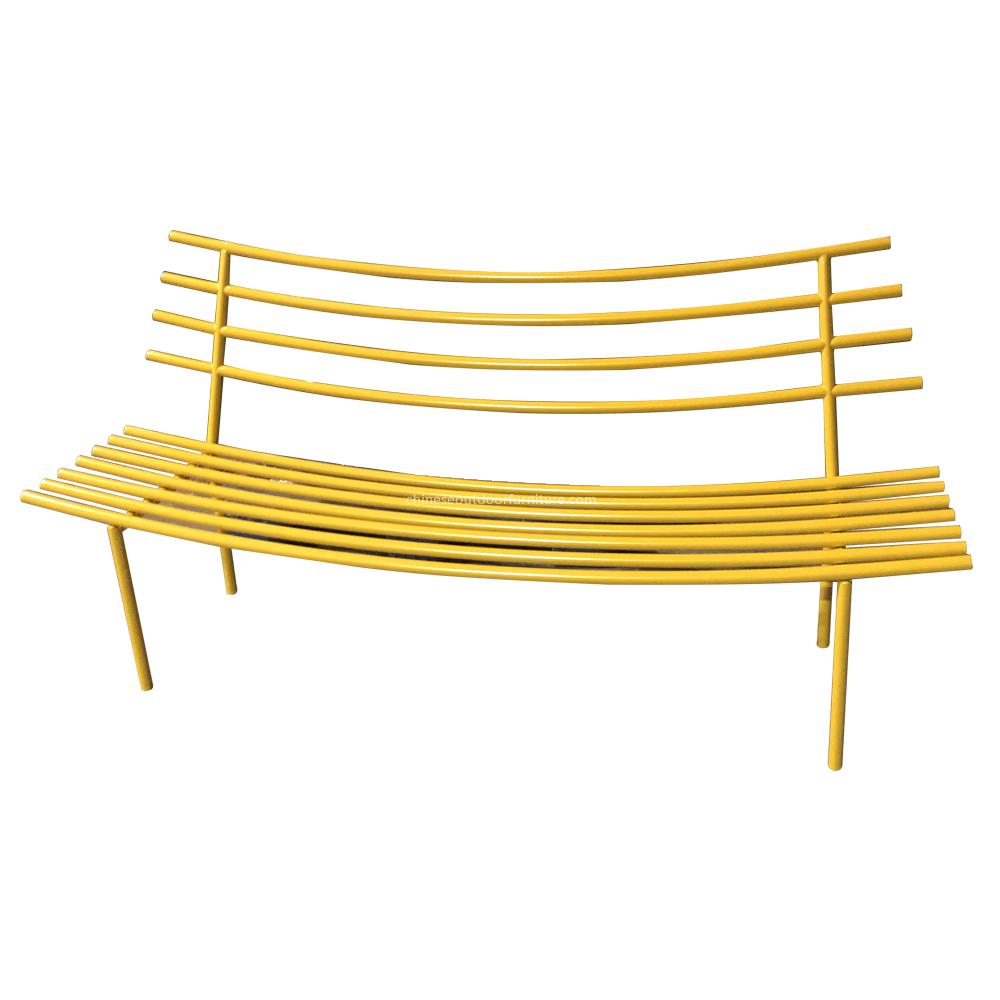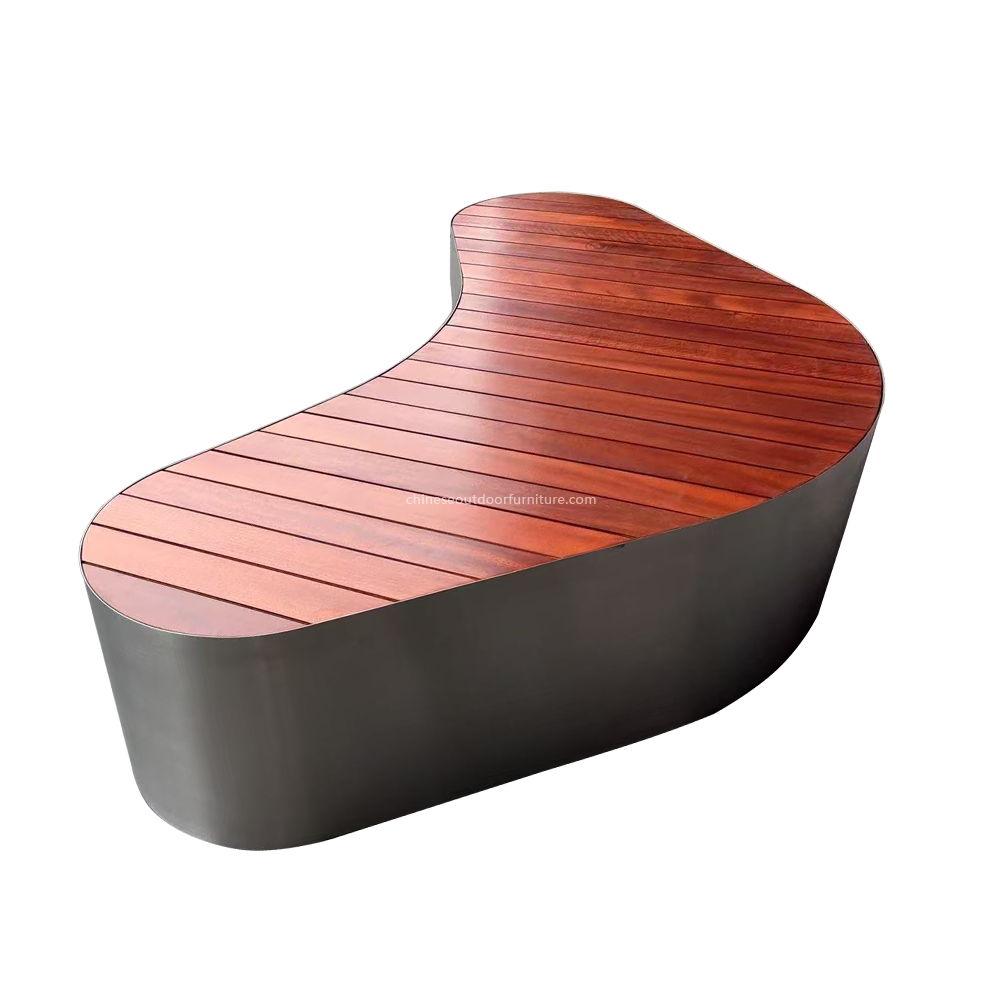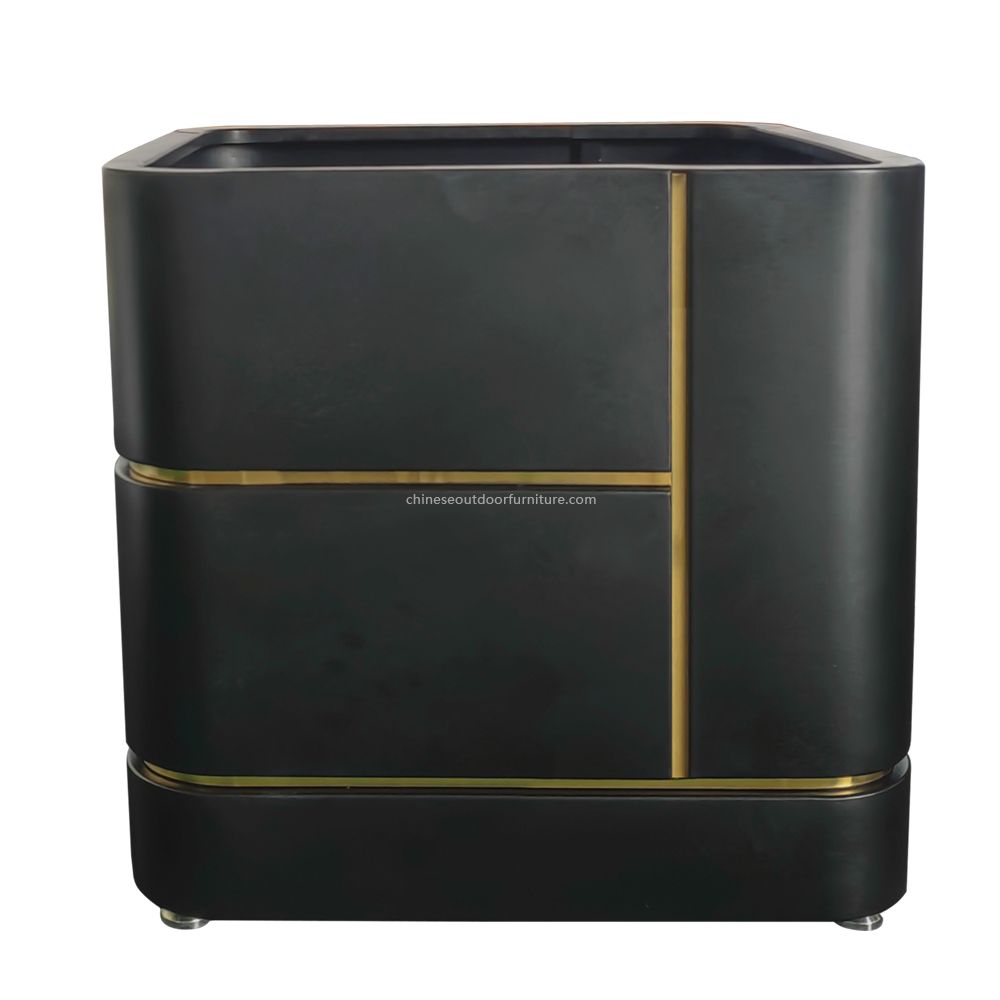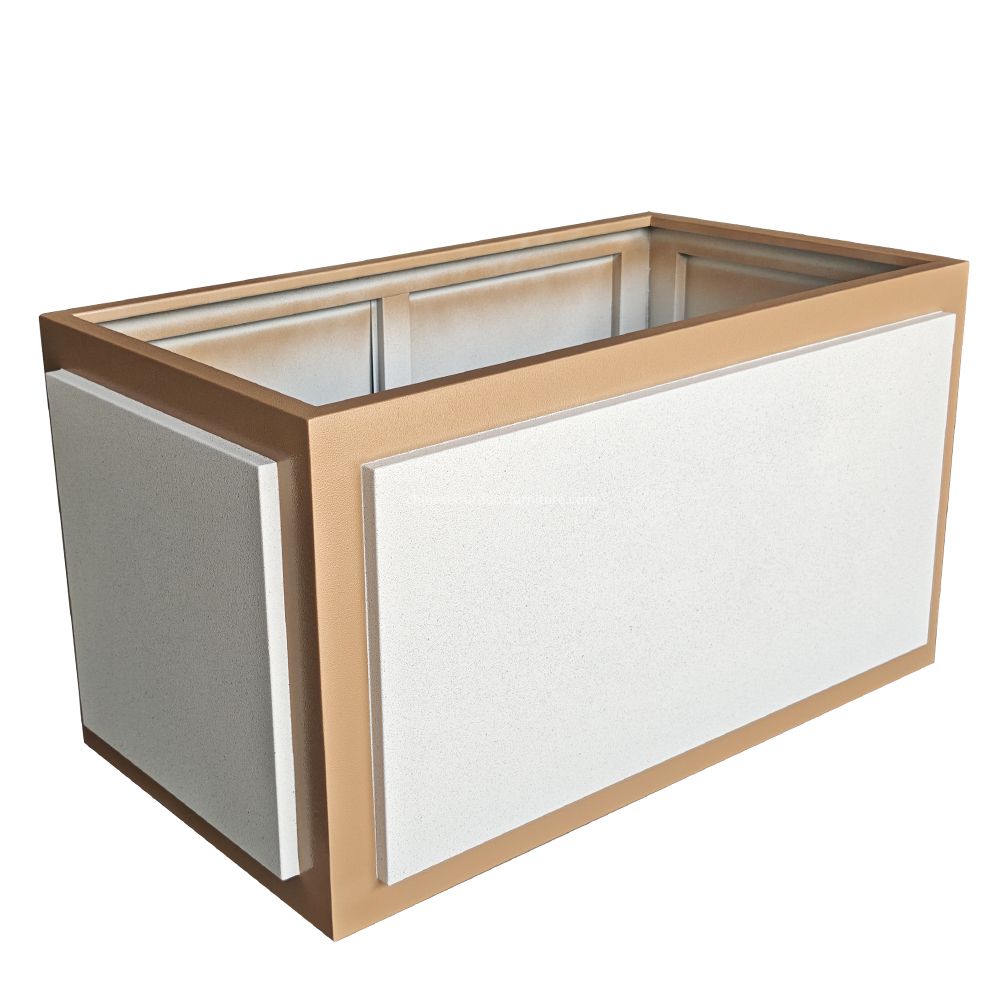Can WPC be manufactured with integrated moisture sensors?
Wood-Plastic Composite (WPC) is a versatile material widely used in construction, decking, and furniture due to its durability and eco-friendly properties. A co...
READ MORE...How does resin resist damage from spilled paint or solvents?
Resin is a highly durable and versatile material known for its ability to resist damage from spilled paint or solvents. Its chemical-resistant properties make ...
READ MORE...What are the differences in thermal conductivity under vacuum conditions?
Thermal conductivity, a material‘s ability to conduct heat, behaves differently under vacuum conditions compared to standard atmospheric conditions. In a vacuum...
READ MORE...Are WPC outdoor tables prone to UV-induced embrittlement over time?
WPC (Wood-Plastic Composite) outdoor tables are a popular choice for outdoor furniture due to their durability, low maintenance, and aesthetic appeal. However, ...
READ MORE...How does resin perform in environments with frequent alkali dust?
Resin is widely recognized for its durability and versatility in various industrial applications. However, its performance in environments with frequent alkali ...
READ MORE...What are the differences in thermal effusivity for user comfort?
Thermal effusivity is a critical property that determines how materials interact with heat, directly influencing user comfort. It measures a material‘s ability...
READ MORE...Can WPC be engineered with variable porosity for drainage optimization?
Wood-Plastic Composites (WPC) have gained significant attention in recent years due to their versatility and sustainability. One of the key questions in materia...
READ MORE...How does resin resist damage from spilled cooking oils outdoors?
Resin is a versatile material known for its durability and resistance to various environmental factors, including spilled cooking oils. When used outdoors, res...
READ MORE...